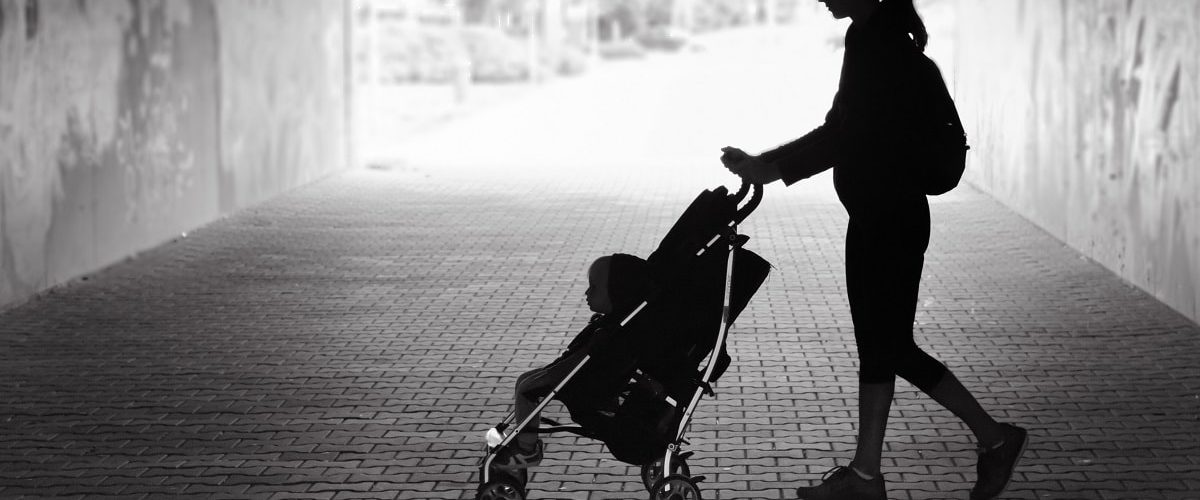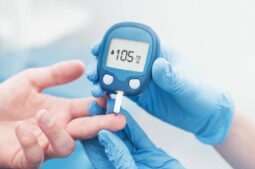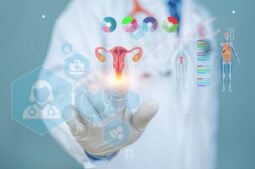

In today’s comparatively open and flexible social climate, the old-fashioned stigma which used to surround single mothers simply no longer exists. The concept of the nuclear family has changed in all sorts of ways so that now it is possible for more and more people to make conscious decisions about their lives and living arrangements, rather than feeling confined to a stereotype which may be deeply uncomfortable.
Decisions about parenthood are not limited to the possibility of being a single mother; many women choose to delay starting a family for social and career-related reasons, some choose to adopt, others choose not to have children at all. These days there is certainly no need for a special programme for single mothers; any doctor or fertility clinic is sure to treat a single woman with the same courtesy, care and respect as any other patient.
Changing social trends for single mothers
The concept of changing social trends in relation to family structures is backed up by extensive evidence. According to the Organisation for Economic Cooperation and Development (OECD), in the decade leading up to 2008, single parent families in the EU area increased significantly from 11% to 15% of all families with dependent children. In Sweden, Denmark, Ireland and the UK, more than one fifth of families have a single parent. In the USA, approximately 27% of children under the age of 21 live in single parent families. As a stark confirmation of how much things have changed since the mid-20th century, single parent households have increased from 3.8% in 1950 to 12.2% in 2018 and of these, 75% are single mothers.
So, women in the developed world who decide to go it alone for whatever reason are no longer in any sense unusual and they are certainly not alone!
Assisted reproduction for single mothers
The majority of single women who decide to start a family will, along with the population in general, have no problems with fertility, apart from the obvious need for sperm for fertilisation. But since around 10% of women experience infertility or fertility problems, this applies equally to single women. Therefore once the momentous decision to become pregnant has been made, some kind of assistance is essential. What are the options?
Intrauterine insemination (IUI) using donated sperm
IUI using donated sperm is the simplest and least invasive of assisted reproduction techniques, and likely to be the one recommended for the majority of single women who have no fertility problems. In this technique, the ovary is stimulated in order to control the development and maturing of one or two eggs. A sperm sample, from a donor bank, is prepared in the laboratory and optimised to ensure that the best and healthiest sperm are used. The sample is then deposited into the woman’s uterus in order to facilitate conception and pregnancy.
In vitro fertilisation (IVF) using donated sperm
If as a single woman wanting to start your own family it turns out that you do have fertility problems, it is possible that the recommended treatment will be the well-known IVF. This is more complicated but has a higher success rate overall than IUI alone. It involves stimulation of the ovaries to produce oocytes which are retrieved and fertilised, again using sperm from a a donor bank, in the laboratory. The resulting embryos are selected and usually one is transferred to the maternal womb, with the others frozen for possible future use.
IVF using donated eggs and sperm
If for any reason it is not possible to use your own eggs, the use of IVF with eggs from a donor still gives women the opportunity to become pregnant and give birth to their own child. It is used for women with ovarian failure due to age, with undetectable hereditary diseases, or whose ovaries are inaccessible following surgery. Significant advances have been made in recent years in matching donors to recipients. At IVI we have developed a technique known as Perfect Match 360°. This innovative system finds the best matching donor through phenotype analysis, IVI biometric scan and genetic analysis.
Taking your time
Not quite ready to go ahead? All of the social and economic factors that cause women in established relationships to delay motherhood apply equally to those who have decided to go it alone. Potential single mothers can still remain in control of their lives by planning for the future, just like any other woman. Preserving your fertility gives you the opportunity to become a mother when the time is right without the looming pressure of the ‘biological clock’ ticking ever louder in your ear.
Preservation of fertility
In this technique, eggs are retrieved in the same way as for IVF but instead of being fertilised in the laboratory, they are vitrified and stored for thawing and fertilisation at a future point when the woman decides the time is right. This treatment is used for women who are in danger of losing ovarian function as a result of medical conditions or treatments, for example the treatment of cancer. It is also appropriate where there is no medical reason, but for those who wish to delay motherhood for social, economic or other personal reasons.
Contacting us at IVI
We are pleased to say that at IVI we do not have any programme for single mothers or for any other category of people. We provide world-class care and treatment to all of our patients and our only concern is to offer the most appropriate assistance to each individual to help them to fulfil their dream of holding their own baby in their arms.
You’ll be aware that there’s plenty of literature online offering advice about the challenges faced by single parents, but you probably won’t find any that suggest it’s not possible to be a single mother, or that there are too many difficulties to overcome. We’re here to help you on the way to embracing those challenges. You can find out more about who we are and the services we offer on our website. When you feel ready, go ahead and get in touch using our online contact form, or give us a call on +34 960 451 185 or if you’re in the UK, on 0800 52 00 161.




Comments are closed here.